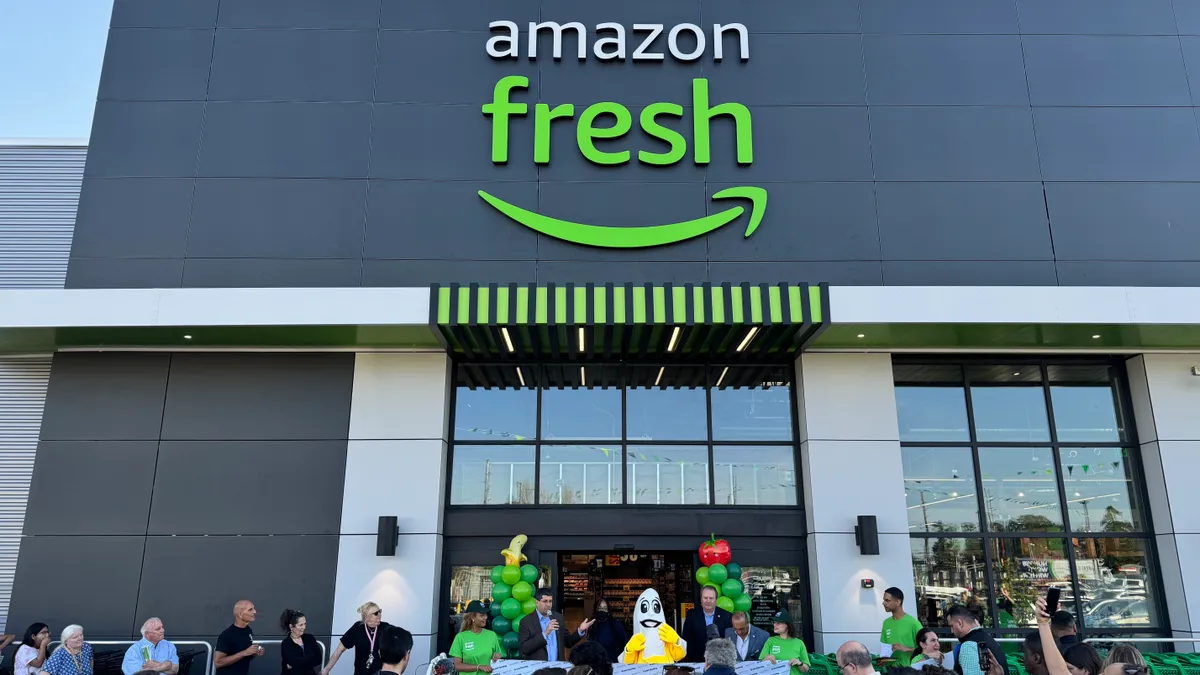As public health officials, lawmakers and media outlets continue to focus their microscope on vaping, employee benefits vendors have done the same.
Last year marked the beginning of a lung injury outbreak associated with the use of electronic cigarettes and other vaping products. Officials observed a sharp increase in emergency medical department visits related to e-cigarette, or vaping, products during August and September 2019, according to the Centers for Disease Control (CDC). The latest available CDC data indicate 60 confirmed deaths have occurred across 27 states and the District of Columbia as a result of the outbreak.
Officials including the CDC have said Vitamin E acetate, an additive in some vaping devices containing THC (the same psychoactive compound present in marijuana), is "strongly linked" to the outbreak, but that the evidence is also not sufficient to rule out the contribution of other chemicals in some cases.
Some employers have reacted to the news in part by banning vaping products from their workplaces, according to experts who previously spoke with HR Dive. That's occurred against the backdrop of considerations by state, local and federal lawmakers to limit or ban sales of the products. A number of states have issued temporary or permanent sales bans or restrictions, Vice reports, but most of them have faced legal challenges and some have been enjoined by judges.
Meanwhile, employers and their health plans have sought for years to incentivize workers to avoid tobacco product use. Under the Affordable Care Act, many employers and insurers may charge "tobacco surcharges," essentially an increase in health premiums for policyholders or dependents who use tobacco. Corporate wellness programs, particularly those sponsored by large employers, often have dedicated tobacco cessation programs.
Employers may soon extend cessation efforts to vaping as well, thanks in part to recent product launches and initiatives by specialized vendors.
Pivot, for example, is a cessation program created by digital health company Carrot. On Jan. 14, Carrot announced a cessation solution for e-cigarette users through Pivot, available to its health plan clients for their employees and members. It also will be available directly to consumers later this year.
Pivot includes an app with built-in lessons and support for employees, and the program also offers personal coaching from cessation experts and a support community. Pivot also works with employers to develop customized education plans about the cessation benefit, David Utley, Carrot's CEO and founder, told HR Dive in an emailed statement.
Pivot isn't the first program to broaden its focus to vaping. The ExProgram, a smoking cessation program created by the non-profit Truth Initiative in partnership with Mayo Clinic, expanded its services to include vaping cessation last year, Truth Initiative's chief of innovations, Amanda Graham, told HR Dive in an interview.
The decision came after ExProgram staff noticed e-cigarette users coming to the program, many of whom switched from cigarettes in the hopes of finding a safer option, Graham said. But e-cigarettes can be used in different ways compared to other products and can create "higher levels of addiction," she explained.
"This really felt like a natural fit for us to step into this space," Graham said. The ExProgram offers, among other tools, one-on-one live chats and coaching from cessation experts. Many of its experts are also Mayo Clinic staff, Graham said.
Cessation programs differ from recent approaches by some employers to combat the effects of tobacco and nicotine use. The city of Dayton, Ohio, for example, announced in August 2019 that it would ban tobacco use among new employees, declaring itself a "tobacco-free" employer. Perhaps more notably, equipment rental company U-Haul announced it would reject job applicants who use nicotine. That policy applies to applicants in 21 states and will take effect Feb. 1, 2020.
U-Haul's decision has been the subject of criticism from observers in part due to the addictive nature of nicotine and tobacco use. "It's an unfortunate decision that U-Haul has made," Graham said. "Users often struggle for many reasons to be employed to begin with. It really exacerbates what we see as a disparity to be tobacco users and nonusers."
Instituting such hiring practices may also end up having a negative effect on the employer. "Rather than policies that prohibit the hiring of people who smoke, we believe in helping people who smoke build the internal motivation and skill set needed to move them towards a tobacco-free life," Utley said. "Punitive hiring practices do not help address the deeper issue and may worsen already high turnover."
As employers consider providing cessation programs and other resources for employees who vape or who use tobacco products, they may want to avoid being "overly paternalistic," Todd Wulffson, office managing partner at Carothers, DiSante and Freudenberger, told HR Dive in an interview. While employers can provide resources to employees who wish to use them, they should avoid encouraging specific employees to participate. "Having that conversation paints the relationship forever, and paints any major employer initiative in the future," he said.
But restrictive smoking policies have also pushed employees who do choose to smoke out of the sight of HR in recent years, Graham said. The current outbreak provides an opportunity for employers to communicate with their employees about vaping and tobacco use in a holistic way. That's important, Graham added, because tobacco use still remains a leading cause of death and disability in the U.S.
Correction: An earlier version of this article incorrectly described the timeline for Pivot's roll-out.




















